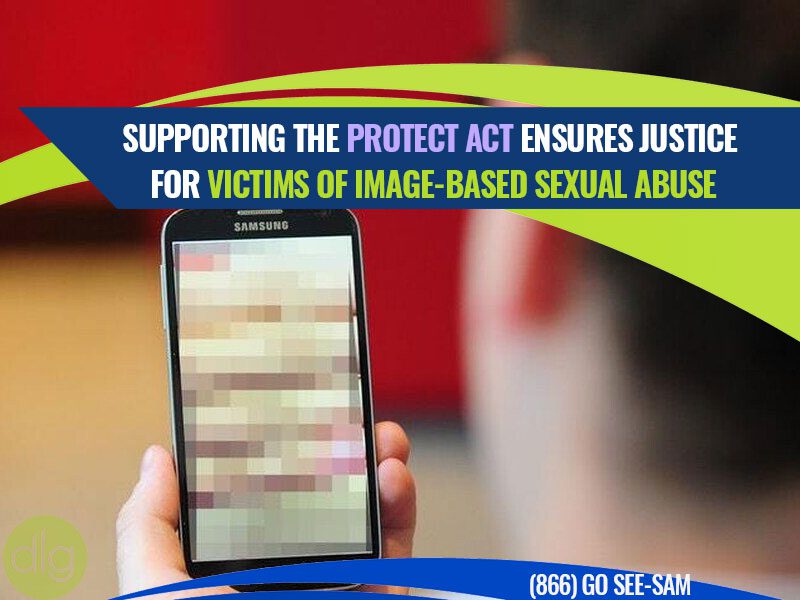Convicted Paedophile: Force Collaboration Ensures Justice For Victims

Table of Contents
The Challenges of Prosecuting Convicted Paedophiles
Prosecuting child sexual abuse cases presents significant hurdles. The nature of the crime itself often makes it difficult to gather sufficient evidence for conviction.
- Lack of Physical Evidence: Unlike other crimes, child sexual abuse frequently lacks clear physical evidence, relying heavily on victim testimony and circumstantial details.
- Trauma-Based Memory Challenges: Victims, especially young children, may have fragmented or inconsistent memories due to the trauma they experienced. This can make their testimonies challenging to present in court.
- Difficulties in Obtaining Credible Witness Testimony: The secretive nature of child sexual abuse often means there are few witnesses, making it harder to corroborate victim accounts.
- Complex Legal Processes and High Burden of Proof: The legal system is often complex and demanding, requiring a high burden of proof to secure a conviction. This can be particularly challenging in cases where the only evidence is the victim's testimony.
- The Need for Specialist Expertise: Investigating and prosecuting child sexual abuse requires specialist expertise in areas like forensic interviewing, trauma-informed investigation, and understanding the complexities of child development.
The Role of Forced Collaboration in Overcoming Challenges
Forced collaboration between agencies is essential in overcoming these obstacles. Mandated information sharing and coordinated efforts can significantly improve the prosecution process and increase the likelihood of securing convictions against convicted paedophiles.
- Improved Information Sharing: Effective inter-agency collaboration, including local, national, and international law enforcement agencies, ensures that crucial information is shared swiftly and efficiently. This includes sharing investigative leads, witness statements, and forensic evidence.
- Faster Access to Crucial Evidence: Coordinated data analysis across agencies allows for quicker identification of patterns, connections between cases, and potential further victims.
- Enhanced Investigative Techniques: Pooling expertise and resources allows for the utilization of advanced investigative techniques, including digital forensics and psychological profiling.
- Streamlined Legal Processes: Improved communication and coordination between prosecutors, investigators, and support services can streamline the legal process, reducing delays and improving efficiency.
- Better Protection and Support for Victims: Collaborative efforts ensure victims receive the necessary support and protection throughout the investigation and legal proceedings, minimizing further trauma.
Protecting Victims Through Collaborative Support Systems
Integrated support systems are paramount for victims of child sexual abuse. Collaboration between various support agencies can significantly improve victim outcomes and promote long-term healing.
- Access to Specialized Trauma-Informed Therapy: Victims require access to therapists specializing in trauma-informed care, understanding the specific needs and challenges faced by survivors of child sexual abuse.
- Legal Aid and Advocacy Services: Providing legal aid and representation ensures victims have access to justice and are protected from further exploitation. Advocacy groups play a vital role in supporting victims throughout the legal process.
- Support from Dedicated Victim Support Organizations: These organizations provide crucial emotional support, practical assistance, and guidance to victims and their families.
- Long-Term Rehabilitation and Mental Health Services: Healing from child sexual abuse is a long-term process requiring ongoing mental health support and rehabilitation services.
- Access to Resources for Healing and Recovery: Collaborative efforts can facilitate access to a wider range of resources designed to support the healing and recovery process.
The Ethical Considerations of Forced Collaboration in Cases Involving Convicted Paedophiles
While forced collaboration is crucial, ethical considerations must be addressed. Striking a balance between effective investigation and protecting individual rights is paramount.
- Data Privacy: Strict protocols must be in place to ensure data privacy and prevent misuse of sensitive information. Transparency and accountability are essential in data sharing practices.
- Due Process: All individuals involved must have access to due process and their rights must be protected throughout the investigation and legal proceedings.
- Human Rights: Collaboration must be conducted in a manner that respects the human rights of all individuals involved, including both victims and suspects.
- Legal Limitations: Collaboration must operate within existing legal frameworks, adhering to strict legal guidelines and regulations.
- Robust Oversight Mechanisms: Independent oversight mechanisms are needed to prevent abuse of power and ensure accountability within the collaborative system.
Conclusion
Securing justice for victims of child sexual abuse perpetrated by convicted paedophiles requires a paradigm shift towards forced collaboration. Overcoming the inherent challenges in these cases necessitates mandated information sharing, coordinated investigations, and integrated support services. This collaborative approach significantly improves the chances of successful prosecutions, offers crucial support to survivors, and ultimately contributes to a safer society. Support stronger laws to fight against convicted paedophiles; demand improved collaboration to ensure justice for victims of child sexual abuse; and advocate for better support systems for survivors. Only through concerted action can we hope to break the cycle of abuse and ensure justice prevails.

Featured Posts
-
 Dzhidzhi Khadid Podtverdila Roman S Kuperom Podrobnosti
May 04, 2025
Dzhidzhi Khadid Podtverdila Roman S Kuperom Podrobnosti
May 04, 2025 -
 Ibf Strips Bakole Of Title Eliminator Parker Ko Impacts Ajagba Fight
May 04, 2025
Ibf Strips Bakole Of Title Eliminator Parker Ko Impacts Ajagba Fight
May 04, 2025 -
 Gibonni Koncert Pula Datum Mjesto Ulaznice
May 04, 2025
Gibonni Koncert Pula Datum Mjesto Ulaznice
May 04, 2025 -
 Ufc Fight Schedule For May 2025 Ufc 315 And Beyond
May 04, 2025
Ufc Fight Schedule For May 2025 Ufc 315 And Beyond
May 04, 2025 -
 Teddy Magics Bgt Semi Final Withdrawal Itv Confirms
May 04, 2025
Teddy Magics Bgt Semi Final Withdrawal Itv Confirms
May 04, 2025
